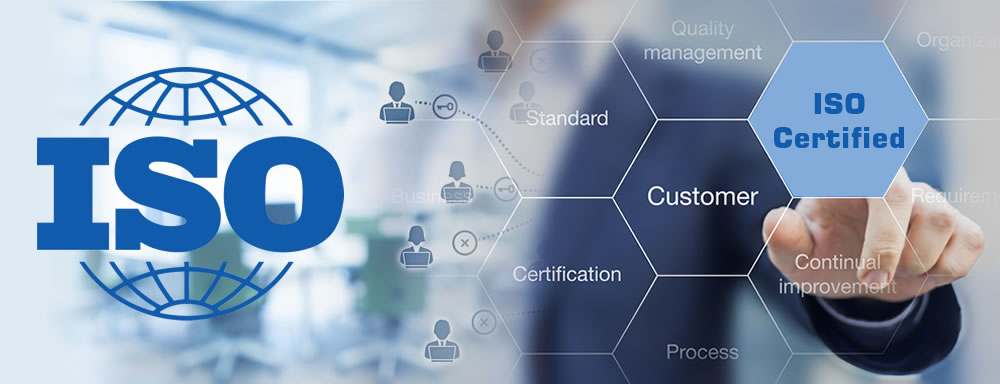Welcome to National Centre for Quality Management

ISO 9001 requirements are general and designed to apply to all organizations, regardless of their type and size, or the products and services offered. The most approved first ISO standard on the world market. It can be implemented in all areas of the industry and will help improve existing management processes to enable organizations to compete locally and / or globally. It helps to meet regulatory requirements and effectively implements the system to deliver real benefits to self as well for your customers.
The ISO 14001 environmental management system is a systematic framework for managing the immediate and long-term environmental impacts of an organization's products, services, and processes. By obtaining ISO 14001 certification, your organization can assure stakeholders that your environmental management system is compliant with industry-specific international environmental standards. ISO 14001 provides a framework for best environmental management practices allowing environmental certification organizations:
The Occupational Health and Safety Management System (OHSMS) was recently established and implemented from 2018. It is an extension of the range of standards ISO 45001: 2018 for ISO health and safety. It is an international standard spanning the globe and provides a single platform for equal health and safety practices regardless of region and culture. ISO 45001: 2018 is designed to prevent accidents, health and fatal accidents. on occasion. It is very useful for small, medium and large companies operating in different parts of the world and practicing the same process of health and safety measures..
The 2018 version of ISO 50001 was released on 21 August 2018. With this release, ISO 50001:2011 will be withdrawn. The transition deadline is confirmed by the International Accreditation Forum (IAF) to be three years from the publication date. To keep a certificate valid after this deadline, companies need to make sure their certificate is transitioned during the 3-year period.
It is also proposed to be in line with ISO 9001 and ISO 14001 standards that address quality management and environmental management issues. Also, it will have the common elements of ISO’s management standards like the continual improvement vide Plan-Do-Check-Act method adopted in the earlier ISO Management standards.
ISO 27001 is an internationally recognized international standard for managing the security risks of information held by you. ISO 27001 certification enables you to prove to your customers and other stakeholders that you are managing the security of your information. ISO 27001: 2013 (current version of ISO 27001) provides a set of standardized requirements for an information security management system (ISMS). The standard takes a process-based approach to establishing, implementing, operating, monitoring, maintaining, and improving your ISM.
Success in the international automotive industry relies on high standards, technical innovation and premium quality throughout the entire supply chain. A management system certified according to IATF 16949 can help you access customers in new markets. Regarded as the world's leading quality standard in the automotive industry, IATF 16949 combines a number of car manufacturer and original equipment manufacturer (OEM) requirements into one certification.
Standards prevailing prior to 1999 such as QS 9000 or VDA 6.x were largely replaced by ISO/TS 16949 and subsequently by IATF 16949. Our certification according to IATF 16949 supports you in continuously improving your system and process quality and focusing on customer-specific requirements.
Our experts will be happy to answer your questions and provide you with further information on IATF 16949 certification.